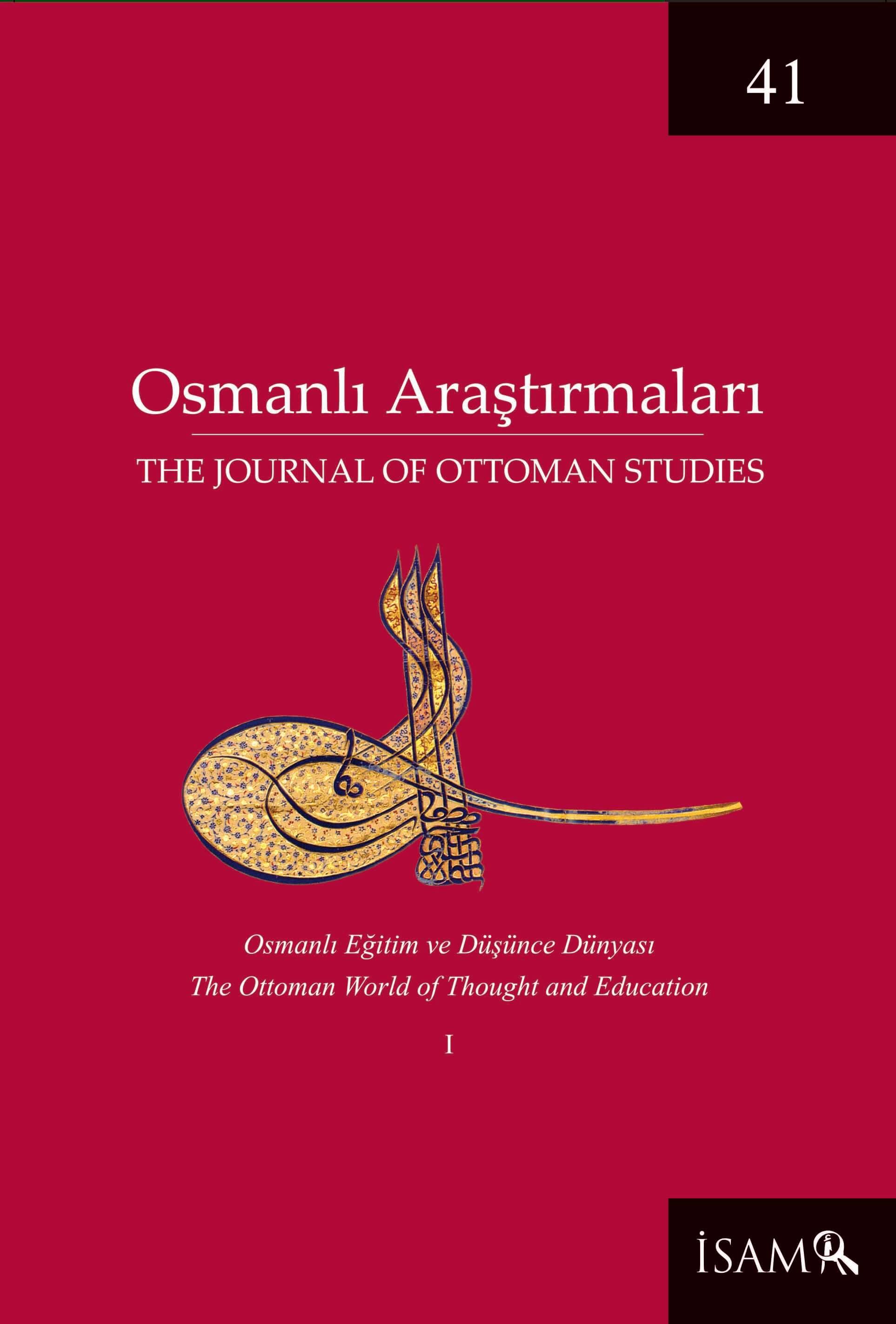Natural Philosophy and Politics in the Eighteenth Century: Esad of Ioannina and Greek Aristotelianism at the Ottoman Court
Keywords:
Yanyalı Esad, Ahmed III, Aristotelianism, University of Padua, Neo-Hellenic Enlightenment, Ottoman patronage networks, Greek Orthodox ChurchAbstract
Esad of Ioannina’s El-Tā‘līmü’s-Sālis, an Arabic translation of Johannes Cottunius’s Commentarii...octo libros de physico auditu, is one of the most impor- tant artefacts of Ahmedian scholarship. The translation introduced Muslim readers to Paduan Aristotelianism. Esad’s work featured a materialistic treatment of Aris- totelianism, which was at odds with popular intellectual movements in Istanbul, such as Avicennism, illuminationism and philosophical theology. El-Tā‘līmü’s-Sālis recast the meaning of philosophy in a way that placed greater emphasis on physics and that presented philosophy as a source of worldly solace. The dynamics that led to the translation include the emergence of a Greek identity that was separate from the Orthodox Church, the gentrification of philosophical discourse, and the intervolution of Muslim and Orthodox patronage networks. While Esad’s work has often been treated as part and parcel of Islamic thought, the content and the context of his work suggests that the Neo-Hellenic Enlightenment of the early eighteenth century might be part of a broader Ottoman intellectual movement.




